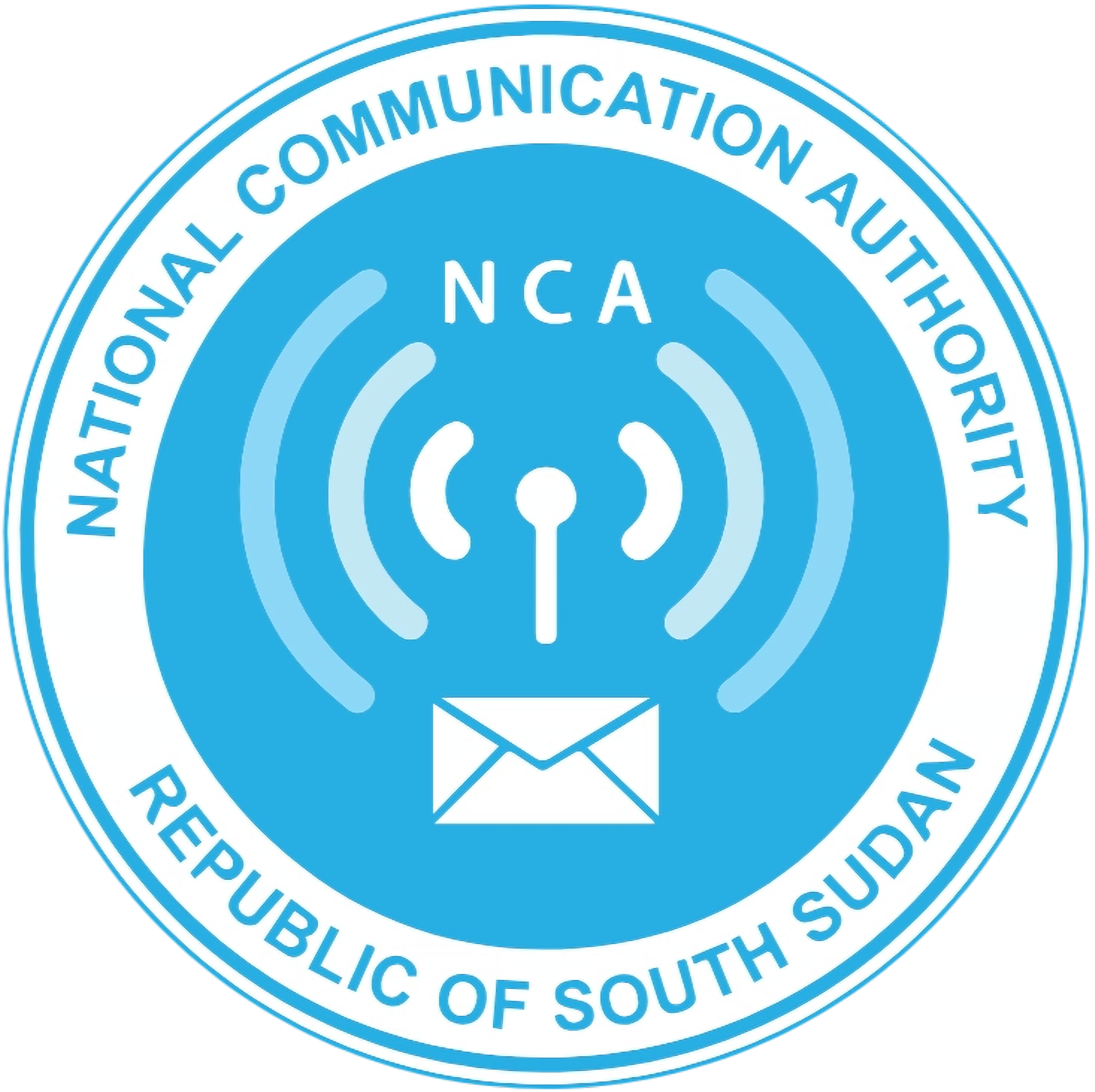Nelson Kwaje
Sep 02, 2024
General Discussion
1. What is the South Sudan National Communications Act, 2012?
The National Communications Act, 2012 is a legislative framework that establishes the National Communication Authority and outlines its powers, functions, and duties, along with other provisions related to communications in South Sudan.
2. What is the purpose of the National Communications Act, 2012?
The Act aims to regulate and promote the communication sector in South Sudan by ensuring accessible, reliable, and affordable communication services, protecting national security, and aligning with international standards.
3. Who is responsible for overseeing communication services in South Sudan?
The National Communication Authority (NCA) is responsible for overseeing, regulating, and promoting communication services in South Sudan.
4. What are the objectives of the National Communication Authority?
The objectives of the NCA include promoting free and fair competition, ensuring the efficient use of communication resources, protecting national security, and ensuring compliance with international communication agreements.
5. What is the role of the Director General of the National Communication Authority?
The Director General is the chief executive officer of the NCA, responsible for executing the policies and directions established by the Board, overseeing the financial, administrative, and technical operations of the Authority, and representing the Authority at national and international levels.
6. What are the key financial provisions under the National Communications Act?
The Act provides for the financial resources of the NCA, including government appropriations, licensing fees, fines, donations, and revenues from communication services. The NCA is required to manage and account for its funds according to applicable laws and regulations.
7. What services and activities require a license under this Act?
The establishment, possession, operation, or management of any public or private communication network, the use of communication equipment, and broadcasting services require a license from the NCA.
8. What are the obligations of licensed service providers?
Licensed service providers must comply with the conditions of their licenses, implement services as per agreed schedules, submit regular reports to the NCA, and establish units for handling customer complaints.
9. How does the Act address anti-competitive practices in the communication sector?
The Act prohibits licensees from engaging in anti-competitive practices and provides the NCA with the authority to take necessary measures to restrain such practices.
10. What are the provisions for frequency and spectrum management?
The NCA is responsible for controlling the use and allocation of frequencies and spectrum in South Sudan, issuing licenses for their use, and monitoring compliance with the relevant regulations.
11. What is the Universal Service and Access Fund (USAF)?
The USAF is established to ensure universal access to communication services across South Sudan, with a focus on rural and under-served areas. The Fund is managed under the supervision of the Competent Minister.
12. How are complaints and appeals handled under the Act?
Any person may submit a complaint against a licensee or service provider to the NCA. Decisions made by the Director General can be appealed to the Board, and further appeals can be made to the Competent Minister or courts of law.

